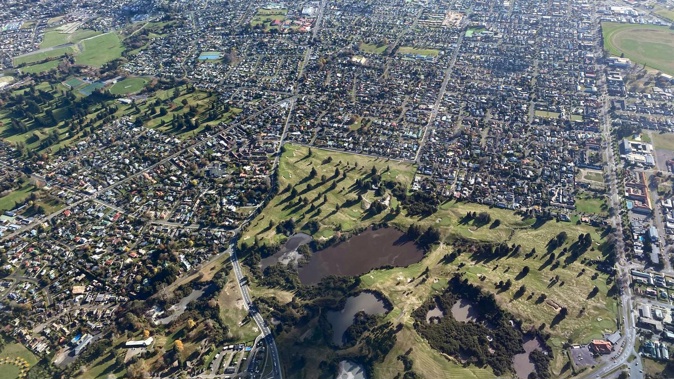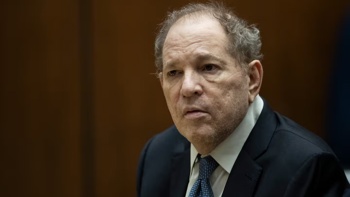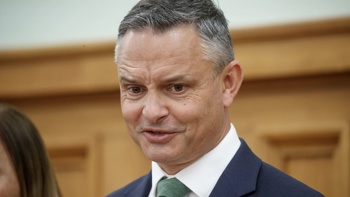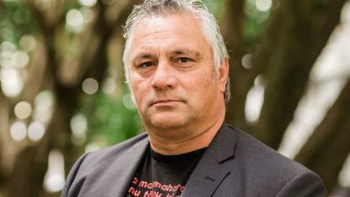
Emergency accommodation will be required in Rotorua for at least five years, if not more, a senior council official says.
The comments came at a Rotorua Lakes Council Operations and Monitoring Committee meeting on Thursday, from district development deputy chief executive Jean-Paul Gaston.
In his monthly update to elected members, Gaston said moves to boost housing in the district the council had under way were crucial and would have a "material impact on the supply of housing".
He said it was one of the "warnings" to the incoming council that there was still significantly more work to do to address the district's housing challenges, referencing a Market Economics report delivered to the council early this year that said 6240 homes were needed in the next 10 years.
That report also said there was a current deficit of about 1890 homes to 2023, and 9740 were needed by 2050.
In his presentation for the meeting Gaston also referenced Government figures that showed proportionate to its population, Rotorua had the most people on the housing register in New Zealand.
In February 2022, the district had 1019 people on the housing register, in need of public housing.
He said those were not just people in emergency accommodation but also those at risk of becoming homeless as they were in "housing distress".
He said the district had a shortage of public homes with 800 to 900. He said that was about 2 per cent of homes compared with other parts of the country which had 4 per cent.
/cloudfront-ap-southeast-2.images.arcpublishing.com/nzme/FCVVNTCLPPSZ6HKH6ORK4AYKHQ.jpg) Rotorua Lakes Council district development deputy chief executive Jean-Paul Gaston. (Photo / Andrew Warner)
Rotorua Lakes Council district development deputy chief executive Jean-Paul Gaston. (Photo / Andrew Warner)
"We're not going in the wrong direction, we're trying to get an appropriate level of public homes within our city because we have a deficit."
Gaston said building consents for the year to May were 268, compared to 234 for the same period last year.
He said that needed to double to enable the 6000 homes needed.
"While we've made good progress to date, there is a significant level of change in the capacity and the delivery of homes within our community if we're to see an adequate supply of homes."
He said some of the decisions needed to enable homes included an intensification district plan change.
Infrastructure was also a "critical" issue, he said.
He said the council was investigating "many pieces of council land" for sale and disposal.
"That includes, also, the revocation discussion we're having around some of these pieces of reserve land which have been identified as surplus."
Between Kāinga Ora, the reserves proposal, the Ministry of Housing and Urban Development, Te Puni Kōkiri, iwi and philanthropic organisations, more than 750 homes could be built in the next eight years.
He said there was a risk that "we do not fundamentally close the gaps on our housing needs over the next 10 years".
"We can't take the major decisions that we're likely to be making over the next two months and assume that is sufficient to address the housing challenges we have as a community.
"There will be a need for a new council to come in … and look at where else we can support, encourage, enhance, intervene, incentivise or use sticks to support housing outcomes.
"There are some headwinds ahead. Even if we take an optimistic view, we are starting to make a dent, but that dent will not occur until later towards 2030.
"We've still got a long way to go.
"The real short-term challenges in availability of social and affordable rentals, that is a major issue for this community."
His presentation stated there would be a need for emergency housing likely for more than five years, which he said "many in the community will not like to read".
"While we will see a decrease in the level of emergency housing need, there will still be a level that will be required out to at least five years if not, beyond.
"Even with a significant [public housing] build programme … or additional opportunities … we will still have a major emergency housing issue and risk from our housing register out in the medium term.
"Every opportunity is critical if we're to start closing that gap on [housing] supply issues."
He apologised to elected members for the "doom and gloom".
Chairing the meeting, councillor Mercia Yates said it was not "doom and gloom, it is our reality" and solutions were needed.
Rotorua mayor Steve Chadwick said it was a "stark reality check" and a "really complex, interrelated challenge" for the district.
/cloudfront-ap-southeast-2.images.arcpublishing.com/nzme/V7JD4D6XAG6DEQMFEWJK4PEJ5Y.jpg) Rotorua mayor Steve Chadwick. (Photo / Andrew Warner)
Rotorua mayor Steve Chadwick. (Photo / Andrew Warner)
She said she was receiving "hate" over the reserves proposal, which "saddened" her.
"I'm the face of that campaign, it really is based on hate and also probably not enough information."
She said when she went to the opening of the May Rd Kāinga Ora development earlier in the week she "made jolly sure" it was for Rotorua families.
"Or I wouldn't go, I had to see that it was meeting the needs of our people first."
Local Democracy Reporting is public interest journalism funded by NZ On Air
Take your Radio, Podcasts and Music with you









